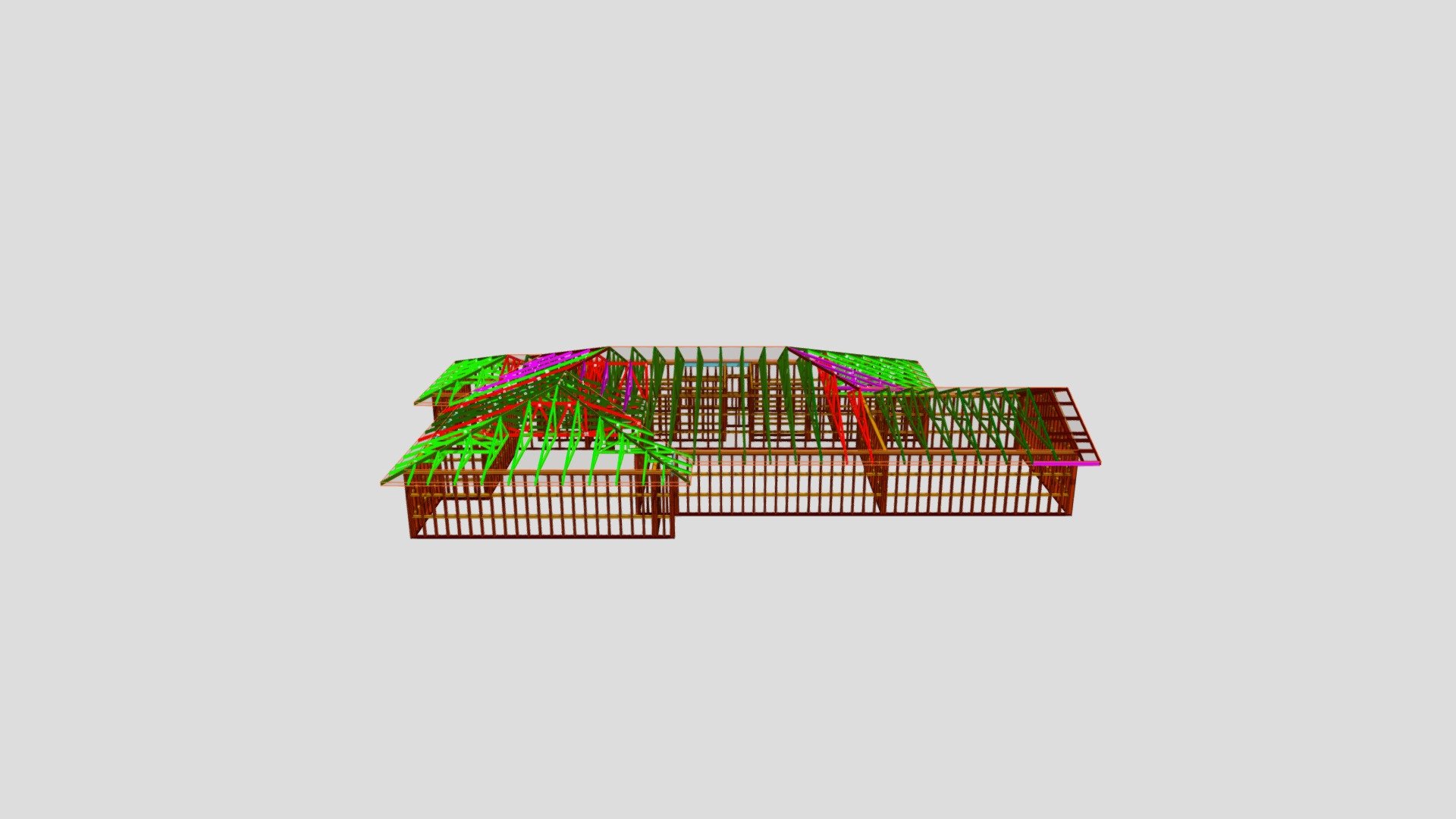
92529
sketchfab
The human mind is a complex and intricate system that remains one of the greatest mysteries of modern science. Despite decades of research and study, scientists still have only a limited understanding of how it functions, and even this limited understanding is often shrouded in controversy and debate. From a scientific perspective, the human brain is a highly specialized organ that has evolved over millions of years to enable humans to adapt to their environment and interact with their surroundings. It is made up of billions of neurons, each one connected to countless others through a complex network of synapses, and it is this intricate web of connections that gives rise to the incredible range of human experiences and abilities. Despite its impressive capabilities, however, the human brain is also a fragile and vulnerable organ that is susceptible to injury, disease, and other forms of damage. In many cases, even minor injuries or infections can have profound effects on cognitive function and overall well-being, highlighting the delicate balance between health and illness in the human nervous system. One of the most fascinating aspects of the human brain is its capacity for learning and adaptation. Through a process known as neuroplasticity, the brain has an incredible ability to reorganize itself in response to new experiences and environments, allowing humans to learn new skills and adapt to changing circumstances with remarkable speed and agility. This capacity for change and growth is one of the key factors that sets humans apart from other animals, and it is a testament to the incredible resilience and flexibility of the human nervous system. In addition to its impressive learning abilities, the human brain also possesses an extraordinary range of cognitive functions, including perception, attention, memory, language, and problem-solving. Each of these functions is made possible by complex interactions between different regions of the brain, and they work together in a highly coordinated way to enable humans to interact with their environment and solve problems with remarkable speed and accuracy. Despite its many impressive capabilities, however, the human brain is also subject to a range of limitations and constraints that can affect cognitive function and overall well-being. For example, certain neurological disorders such as Alzheimer's disease and Parkinson's disease can cause significant damage to brain tissue and disrupt normal functioning, while other conditions such as depression and anxiety can have profound effects on mood and behavior. In conclusion, the human brain is a complex and multifaceted organ that remains one of the greatest mysteries of modern science. Its incredible range of capabilities, from learning and adaptation to perception and problem-solving, make it an fascinating subject for study and research, and its vulnerabilities and limitations highlight the importance of protecting and preserving this delicate and highly specialized system.
With this file you will be able to print 92529 with your 3D printer. Click on the button and save the file on your computer to work, edit or customize your design. You can also find more 3D designs for printers on 92529.
